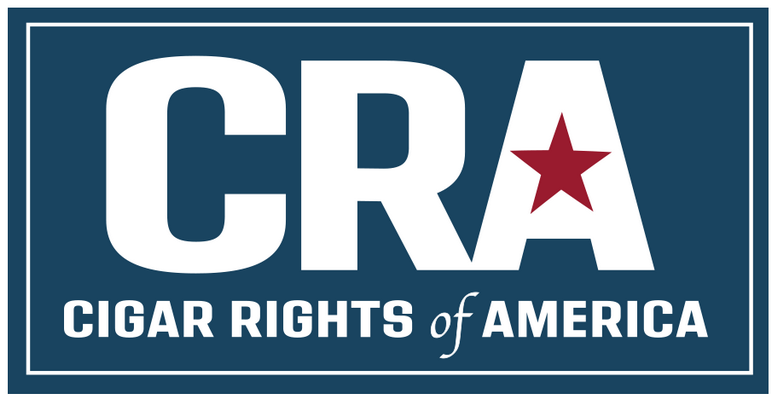The Netherlands Proposes Plain Packaging for Premium Cigars
Earlier this year, the Dutch government proposed a plan to impose plain packaging requirements on premium cigars.
Under the draft proposal, all cigar boxes would have to be covered in a standard brown wrapper with prominent health warnings, open boxes could not be displayed in shops, and even traditional cigar tubes would have to be stripped down to a neutral color.
In their justification for the need for the plain packaging scheme, Dutch officials cited the need to curb youth appeal and use of premium cigars, claiming that standardized packaging and graphic health warnings with ‘deterrent images’ would reduce product appeal and raise awareness of health risks.
CRA Responds
In response to this proposal, CRA submitted a formal comment pushing back against the proposal. Specifically, our comment touched upon three key points.
First, premium cigars are not interchangeable with mass-market tobacco products, which have well-documented appeal to young people. In its proposal, the Dutch government cites U.S. research claiming a ‘massive uptake’ of youth cigar use. That claim is misleading, as it conflates premium handmade cigars with mass-market cigars and cigarillos, which are machine-made, inexpensive, often flavored, and sold in convenience outlets. By contrast, multiple studies, including the 2023 National Youth Tobacco Survey, the Population Assessment of Tobacco and Health Study, and a 2022 National Academies report, show that youth use of premium cigars is virtually nonexistent, with rates below 0.5% and no marketing features that attract minors. It is therefore implausible to suggest that the Netherlands faces a youth-use crisis for premium cigars that does not exist even in the world’s largest market for premium cigars, the United States. Put simply, the Dutch government’s rationale is not supported by defensible data or facts.
Second, the rule would impose disproportionate burdens on small and artisanal businesses. Designing unique packaging for a single country and then redesigning it each year to match new warning requirements creates costs that large corporations can absorb but smaller producers cannot. For family-owned cigar makers, such a mandate would create a significant financial hardship in conducting business in the Netherlands.
Third, plain packaging hits at the identity of premium cigars. A cigar’s band and box tell consumers where the product was made, who crafted it, and the heritage behind it. Banning country-of-origin (COO) labels, such as “Made in the Dominican Republic,” doesn’t advance public health; it removes product transparency. This proposal contradicts the global trend of requiring COO labeling by banning it altogether, thereby depriving consumers of basic information about where and how the products they purchase are made.
Why Plain Packaging Is A Bad Policy Globally
While plain packaging may be aimed at reducing youth uptake or deterring people from tobacco products generally, applying it to premium cigars misses the mark entirely. Premium cigars are rarely used by young people, are consumed infrequently by adults, and do not drive the kind of public health harms that justify restrictive regulation. U.S. courts have already pointed out that treating premium cigars as if they were mass-market tobacco products ignores the evidence and wastes regulatory resources.
For consumers, plain packaging erases the transmission of basic facts and information about premium cigar products. This information is a crucial part of the premium cigar experience. For producers, it adds steep costs and logistical hurdles that become increasingly difficult for small businesses to comply with. For policymakers, it represents a distraction from products that genuinely drive harm at the population level.
CRA will continue to oppose plain packaging wherever it emerges. Premium cigars should be recognized for what they are, an artisan product that is a distinct category that does not warrant the same restrictions as mass-market tobacco. While the First Amendment protects against such plain packaging mandates here in the United States, we remain deeply concerned about global developments and the expansion of tobacco regulation. Many of these initiatives stem from the Framework Convention on Tobacco Control, a 2005 treaty adopted by the World Health Organization, which often serves as a testing ground for policies later promoted internationally. As these types of policies continue to emerge in Europe and elsewhere around the globe, CRA will continue to work with our allies, such as the European Cigar Manufacturers Association (ECMA), to push back against these initiatives.
